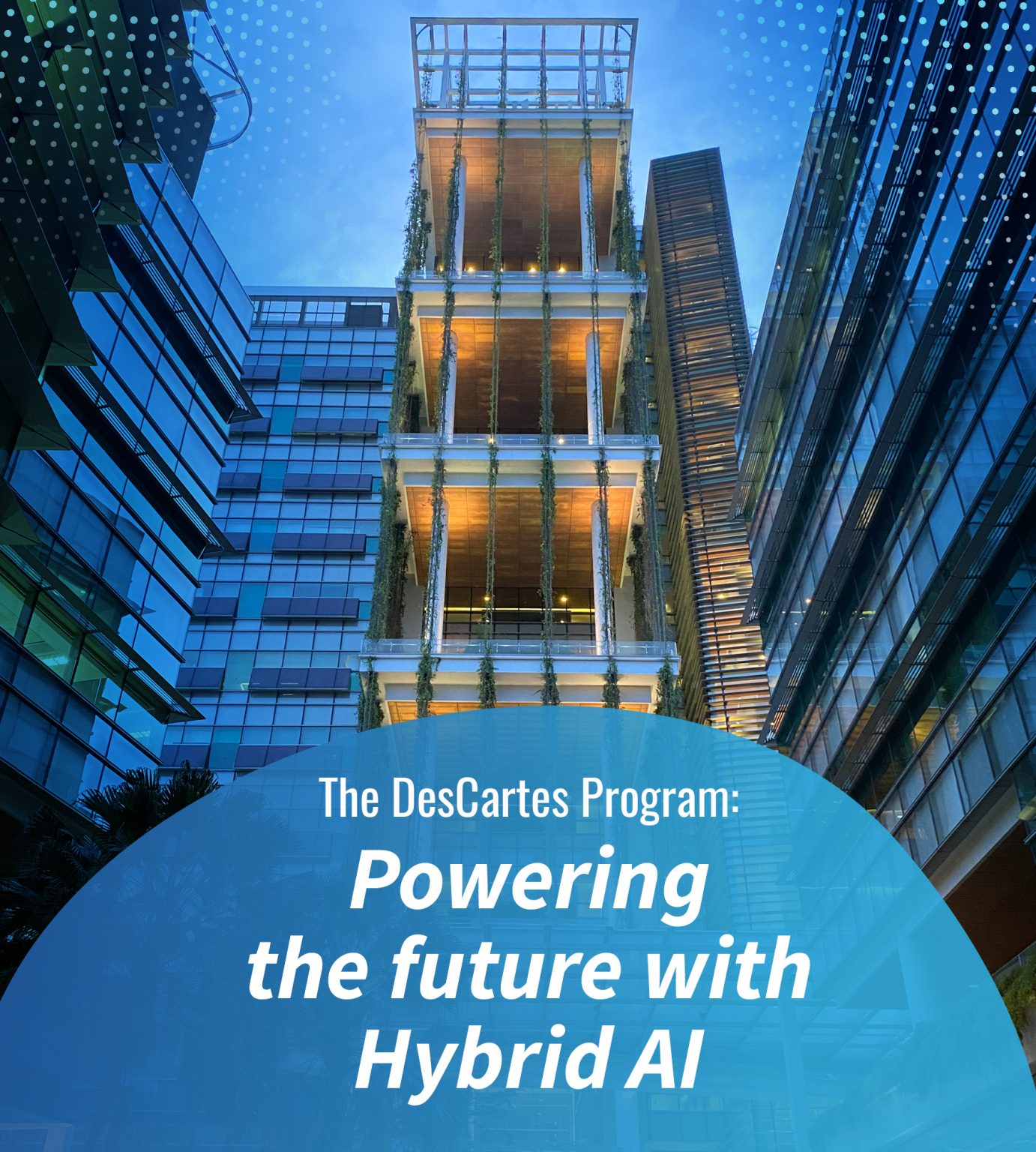In a world where the emphasis on going green becomes more pronounced by the day, businesses face something of a conundrum: how to make the switch to more environmentally friendly technology and energy sources without throwing themselves under intense financial pressure and business disruption?
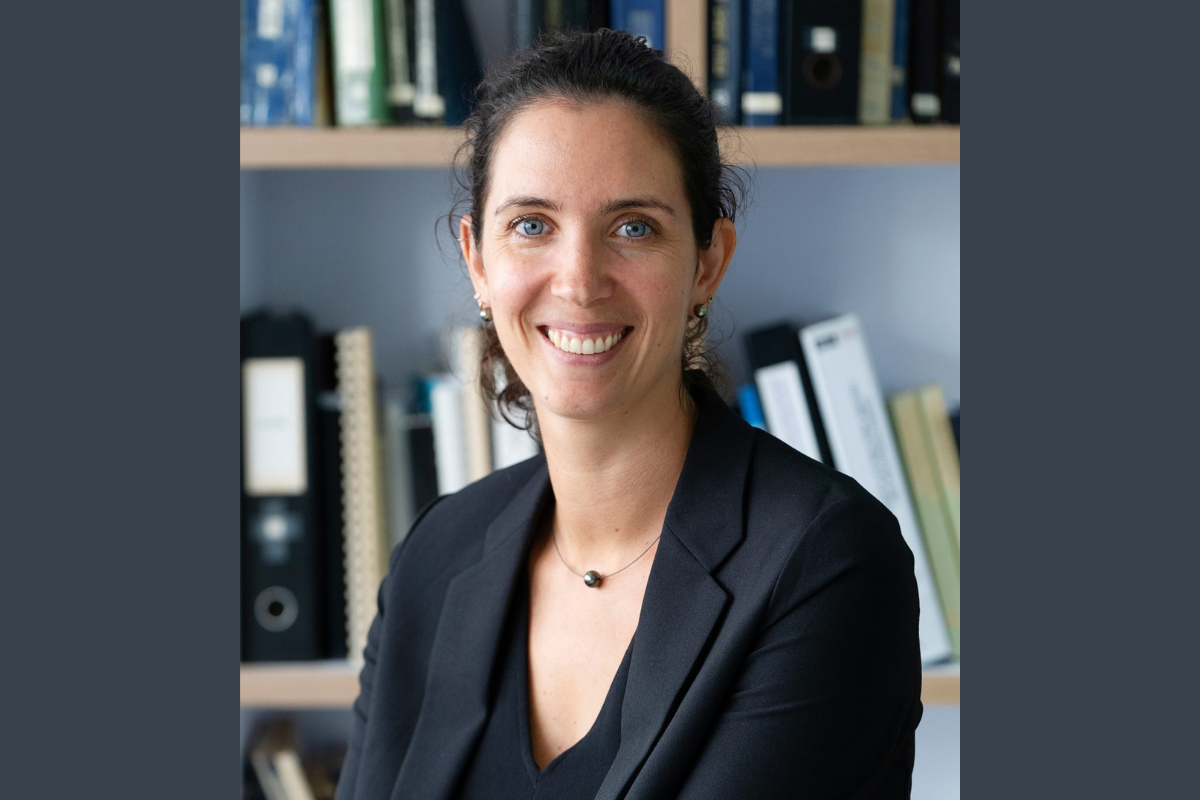
It’s a question that Matcor Technology & Services, a Cetim Company, is well placed to answer, with its long history in assessing where change is due, says General Manager Pauline Le Borgne.
“The global governments are investing in green, new technologies, which is good. We need this. But what we also need is the transition, meaning that we do it in a way where we don’t stop all our current energy processes, but we also don’t invest too much in them,” she tells The CEO Magazine.
“We help in extending the life of current assets, which will help the industry to be more efficient in the way they conduct and operate their assets. It could be a product; it could be a plant.”
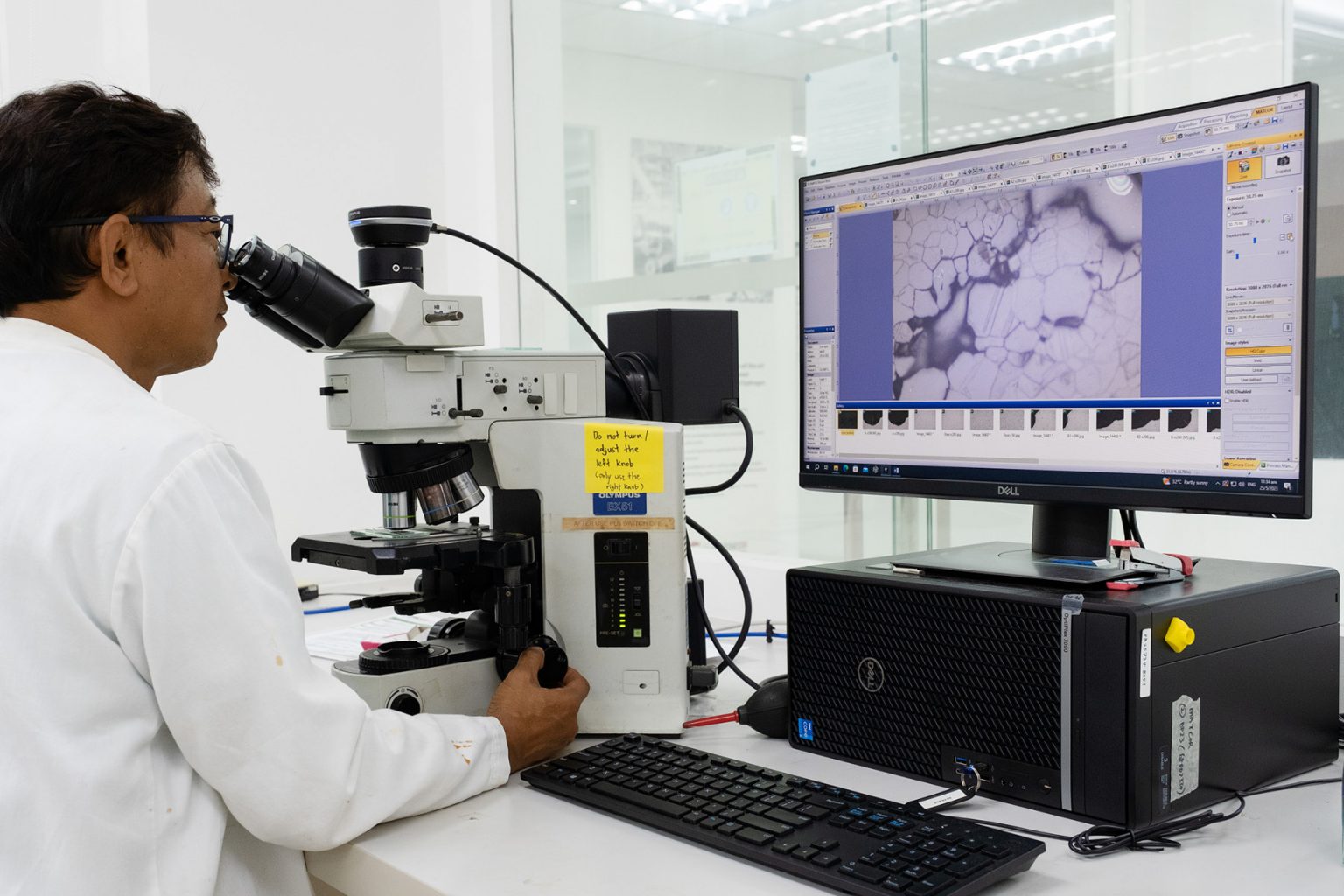
Le Borgne sees immense opportunity in this area for the Singapore-based firm and is positioning it to support this ‘ecological transition’.
This involves helping the industry to integrate new capabilities such as hydrogen additive manufacturing, as well as providing the necessary tools for life cycle analysis, which can help companies find new ways to reduce their carbon footprints.
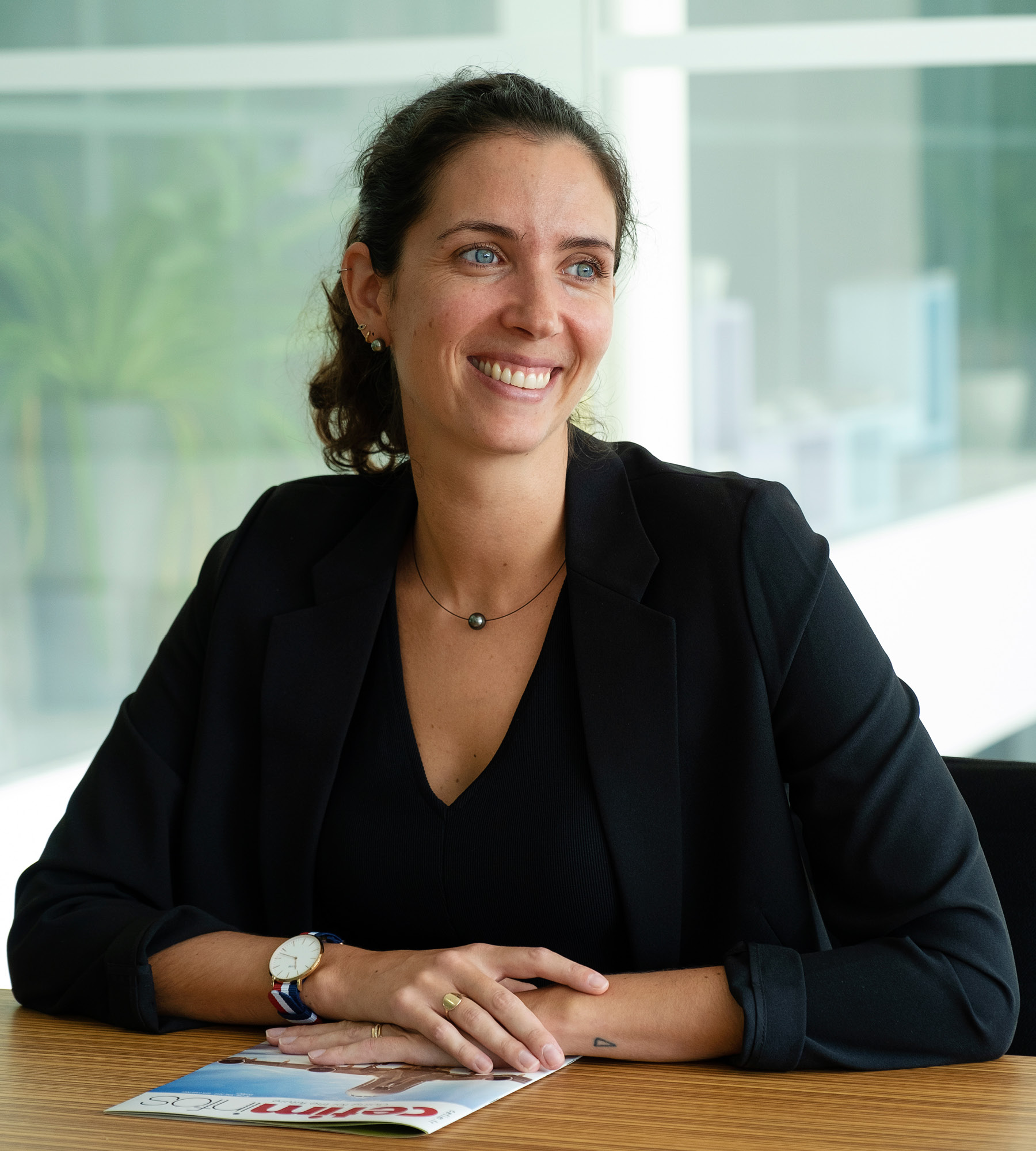
We help in extending the life of current assets, which will help the industry to be more efficient in the way they conduct and operate their assets. It could be a product; it could be a plant.
A french twist
Le Borgne has a long history with Cetim, having worked with the French group for 12 years. She joined Matcor last November as General Manager, making the move from France to Singapore and bringing her family with her.
“For me, it’s a wider scope of action compared to my previous position,” she says. “I really saw this as an opportunity to increase my skills.”
She also saw it as the ideal way to build more links between the French team and the smaller local team, tapping into the scale and expertise of the former to fuel the growth of the latter. Matcor was established 30 years ago and was acquired by Cetim in 2018.
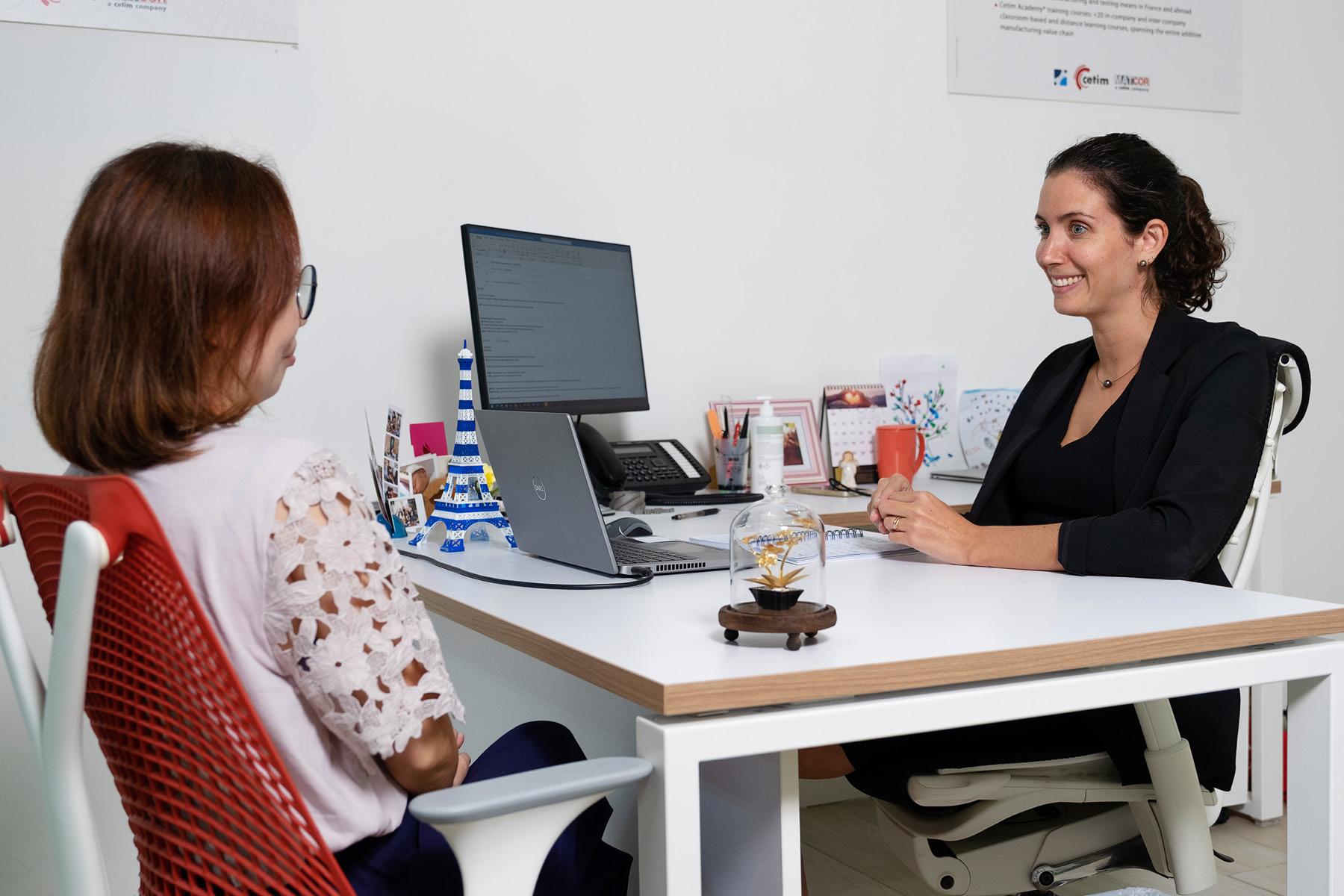
We want to increase our market share in the Asia–Pacific, with a focus on Singapore and the surrounding countries of South-East Asia.
Over the decades, Matcor built up extensive knowledge in failure analysis and forensic engineering.
“It was already performing condition assessments on site for many different industries,” Le Borgne says.
Now, Cetim is helping it develop new services to add to its offering, thereby reinforcing the core business of the company.
“If we take the failure analysis, the objective is also to learn new techniques, use more digital tools and perform high-tech services along the metallurgical works, which are very important.”
International growth is also on the agenda, with Matcor already operational in Malaysia and Indonesia.
“We want to increase our market share in the Asia–Pacific, with a focus on Singapore and the surrounding countries of South-East Asia,” Le Borgne reveals.
Lofty ambitions
The overall objective in the short-term is to double the size of the company by 2027, according to Le Borgne.
In order to do this, the company will be ramping up its investment into areas such as R&D, working with ‘high-expertise’ partners such as Singaporean universities and the National Center for Scientific Research (CNSR), and also integrating relevant capabilities of Cetim’s French team in Asia.
But, as she takes on this mission, she is fully aware of the challenges that lurk on the horizon – the first being the shortage of human resources, particularly those with the relevant experience, and those willing to work on industrial sites.
“It is a work of passion,” she stresses.
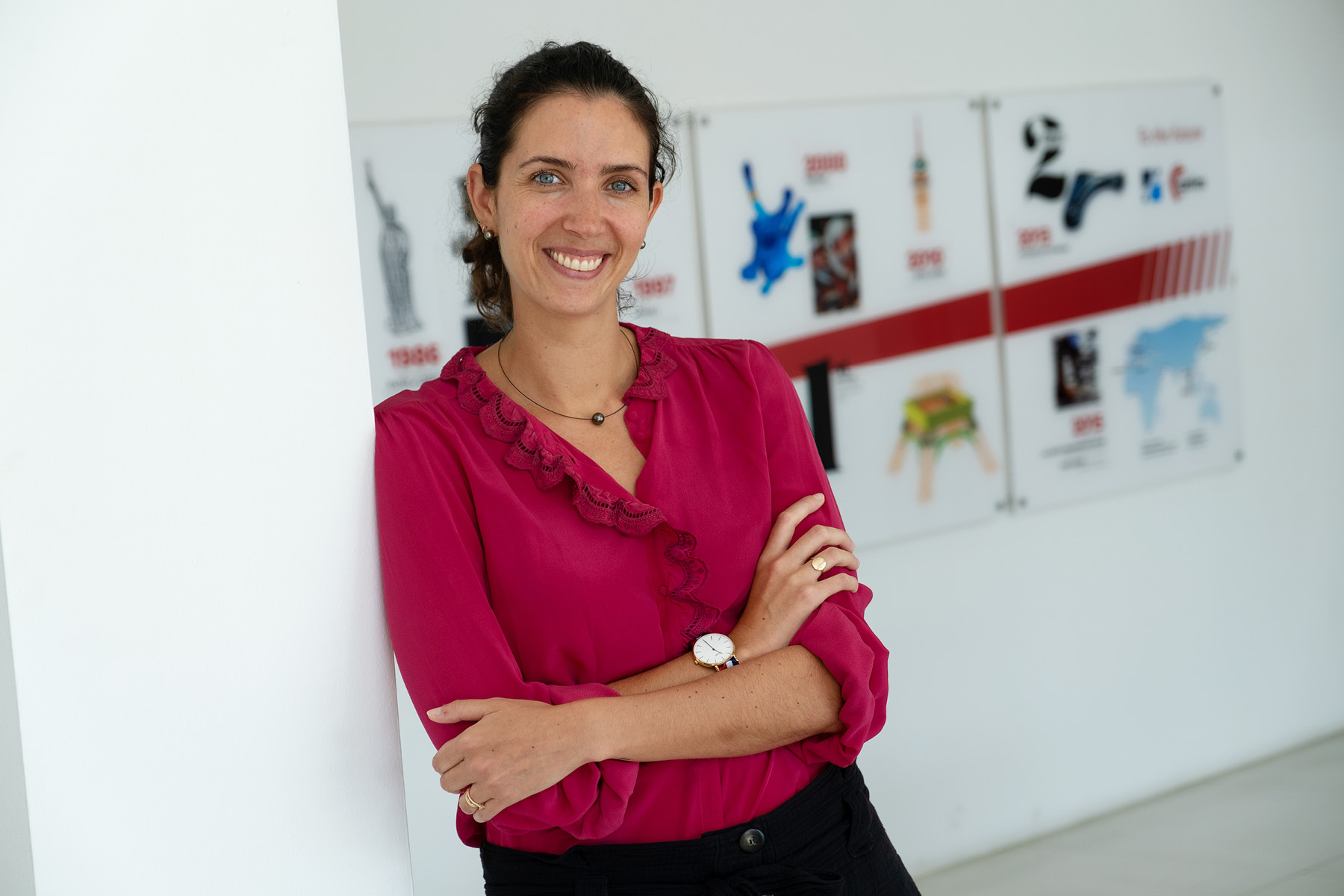
We bring expertise that goes beyond, and that gives more insight to the client.
Competition is another concern, but Le Borgne is confident that Matcor’s offer of an all-encompassing solution sets it apart from other players in the space.
“The way we interpret failure analysis is not only giving a diagnostic,” she explains.
“We bring expertise that goes beyond, and that gives more insight to the client. That’s really how we’re differentiating.”
A different approach
Now, Matcor also has the added bonus of remote access to the high-level tools used by its colleagues in France, including a partnership with the CNSR within the Descartes Project, to develop smart asset integrity inspection solutions for the industry, thanks to multidisciplinary competencies and high-level academic partners in both France and Singapore.
“Usually, depending on the inquiry, for a simple inquiry, we answer in the day with the proposal,” Le Borgne expands. “Then depending on the site and the client availability, urgency, any day, even on public holidays, we have people that go on-site.”
Asset integrity management is another crucial part of the offering, preventing the return of the failure in question.
“It could be on the material aspect, but it could also be regarding the design of the part itself, the way it has been manufactured and the way it has been assembled, or sometimes the way you are actually conducting the operations that may be the root cause of the overall failure,” she explains.
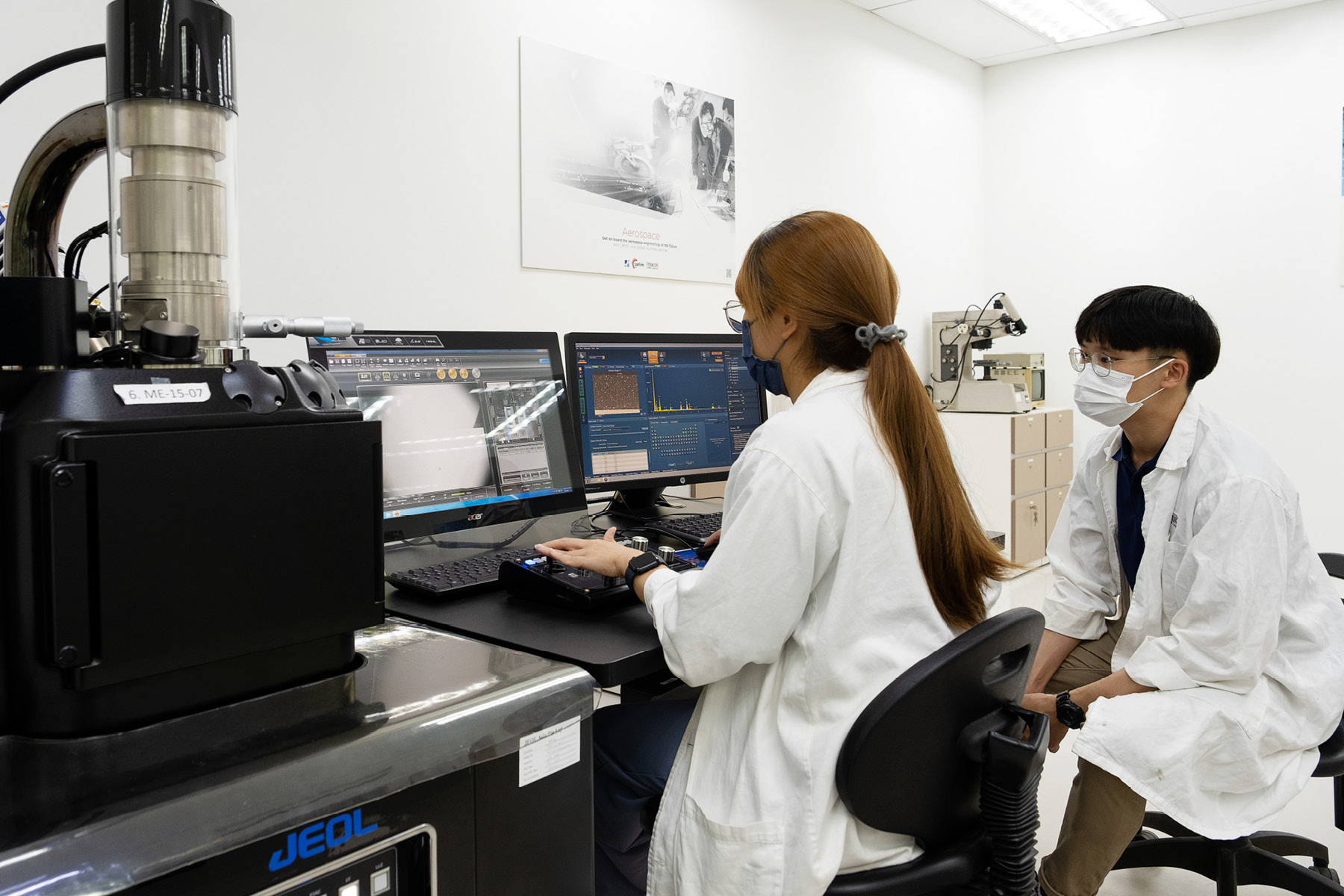
We are here to help the industry to assess the remaining life of their assets.
The nature of the job and the various cases treated involve the use of external resources. Partners have proved invaluable in this regard, with subcontractors in several different regions playing an important part in the company’s success.
“In our domain, really what is doing the job is the team. It’s the people who are really passionate,” she says. “So I would say that the main challenge is to get the skills to answer the client needs. It’s a big, big challenge.”
But it’s one that Le Borgne is confident about taking on as she steers Matcor towards its goals, particularly against the backdrop of the energy transition.
“We are here to help the industry to assess the remaining life of their assets,” she explains. “We give them the truth about whether they can rely on their assets or not, which is really important.”
CNRS@CREATE
Its unique initiatives in trans-disciplinary research are set to change the world.
Read More
